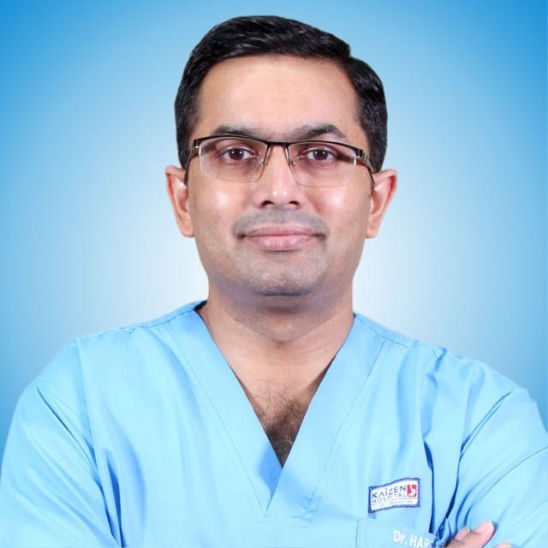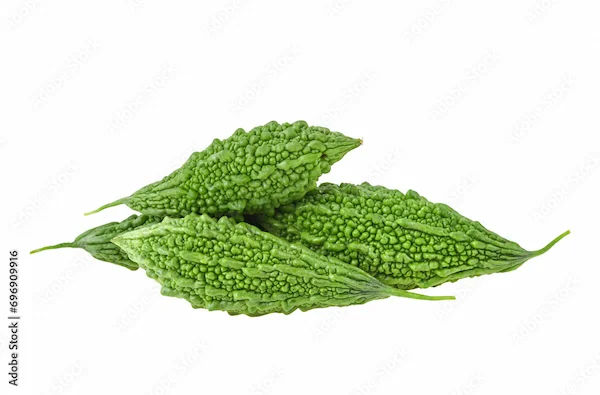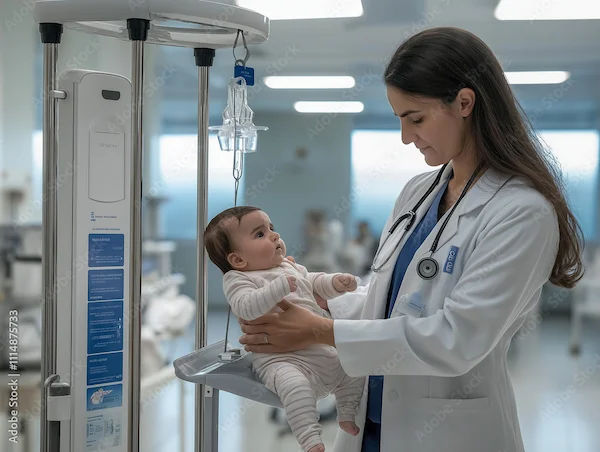Most Common Cancers in Indian Men
Know about most common cancers in Indian men, why they are common, what are their symptoms and how to prevent them. Learn when to see your doctor and more.

_0.webp?tr=q-80,f-webp,w-350,dpr-2,c-at_max 700w)
Introduction
Cancer is a serious health concern affecting millions of people worldwide, including India. While it can be frightening to think about, early detection and awareness can significantly improve outcomes. In this article, we’ll discuss the most common cancers affecting Indian men, their symptoms, causes, and ways to reduce risks.
Consult oncologist for Personalised Advice
1. Oral Cancer
Why is it common?
- Oral cancer is one of the leading cancers in Indian men, primarily due to tobacco use (smoking or chewing), betel nut (paan) consumption, and excessive alcohol intake.
Symptoms to watch for:
- White or red patches in the mouth
- Non-healing mouth ulcers
- Difficulty in swallowing or chewing
- Persistent sore throat
- Lump in the neck
Prevention & Early Detection:
- Avoid tobacco and betel nut products.
- Limit alcohol consumption.
- Regular dental check-ups can help detect early signs.
2. Lung Cancer
Why is it common?
- Smoking (cigarettes, bidis, hookah) is the biggest cause, but air pollution and passive smoking also contribute.
Symptoms to watch for:
- Persistent cough (sometimes with blood)
- Chest pain
- Shortness of breath
- Unexplained weight loss
Prevention & Early Detection:
- Quit smoking immediately.
- Avoid exposure to secondhand smoke and polluted air.
- If you have a long history of smoking, consider a low-dose CT scan for early detection.
3. Stomach (Gastric) Cancer
Why is it common?
- High consumption of smoked, salted, or pickled foods, Helicobacter pylori infection, and smoking increase the risk.
Symptoms to watch for:
- Persistent stomach pain
- Frequent indigestion or heartburn
- Loss of appetiteUnexplained weight loss
- Blood in vomit or stool
Prevention & Early Detection:
- Eat fresh, home-cooked meals.
- Reduce intake of processed and salty foods.
- Get tested for H. pylori infection if you have chronic stomach issues.
4. Colorectal (Bowel) Cancer
Why is it common?
- Low-fiber diets, processed meats, obesity, and lack of physical activity contribute to this cancer.
Symptoms to watch for:
- Changes in bowel habits (diarrhea/constipation)
- Blood in stool
- Persistent abdominal discomfort
- Unexplained weight loss
Prevention & Early Detection:
- Increase fiber intake (fruits, vegetables, whole grains).
- Exercise regularly.
- After age 50, consider a colonoscopy for screening.
5. Prostate Cancer
Why is it common?
- Age is the biggest risk factor (men over 50 are at higher risk), along with family history.
Symptoms to watch for:
- Frequent urination, especially at night
- Weak urine flow
- Blood in urine or semen
- Pain in the lower back or pelvis
Prevention & Early Detection:
- Maintain a healthy weight.
- Eat a diet rich in tomatoes, green tea, and omega-3 fatty acids.
- After age 50, discuss PSA (Prostate-Specific Antigen) testing with your doctor.
6. Liver Cancer
Why is it common?
- Chronic hepatitis B or C infection, excessive alcohol use, and fatty liver disease increase risk.
Symptoms to watch for:
- Jaundice (yellowing of skin/eyes)
- Swelling in the abdomen
- Unexplained weight loss
- Fatigue
Prevention & Early Detection:
- Get vaccinated against hepatitis B.
- Avoid excessive alcohol.
- Regular liver function tests if at risk.
What Can You Do to Lower Your Risk?
1. Quit Tobacco & Limit Alcohol – These are major contributors to oral, lung, and liver cancers.
2. Eat Healthy – More fruits, vegetables, and whole grains; less processed and fried foods.
3. Stay Active – Regular exercise helps maintain a healthy weight.
4. Get Screened – Early detection saves lives. Talk to your doctor about cancer screenings.
5. Vaccinations – Hepatitis B vaccine can prevent liver cancer.
When to See a Doctor?
If you notice any persistent symptoms like unexplained weight loss, unusual lumps, or changes in bodily functions, consult a doctor immediately. Early diagnosis makes treatment more effective.
Final thoughts
Most common cancers in Indian men include oral, lung and colorectal cancer etc. most of the cancers are commonly present, and can be identified with distinct symptoms. They can be prevented by early detection and hence easy treatment. However, when the conditions are uncontrollable or less understood it is best to see an oncologist.
Consult oncologist for Personalised Advice
Consult oncologist for Personalised Advice

Dr Devashish Tripathi
Radiation Specialist Oncologist
20 Years • MBBS, PLAB, MRCP (UK)- General Medicine, FRCR (Oncology), Certificate of Completion of Training (CCT)- Clinical Oncology
Delhi
Apollo Hospitals Indraprastha, Delhi

Dr. Ruquaya Ahmad Mir
Surgical Oncologist
20 Years • MBBS, DNB
Delhi
Apollo Hospitals Indraprastha, Delhi
(25+ Patients)

Dr. Mano Bhadauria
Radiation Specialist Oncologist
25 Years • MBBS, MD
Delhi
Apollo Hospitals Indraprastha, Delhi

Dr. Vishal Choksi
Head and Neck Surgical Oncologist
20 Years • American Head & Neck Society (AHNS) certified from Memorial Sloan-Kettering Cancer Centre, American Board of Surgery (ABS) certified general surgeon, MBBS (India)
Ahmedabad
Apollo Hospitals Gandhinagar, Ahmedabad

Dr. Harsh J Shah
Surgical Oncologist
15 Years • MS, MCh (GI), DrNB (GI)
Ahmedabad
Apollo Hospitals Gandhinagar, Ahmedabad
Consult oncologist for Personalised Advice

Dr Devashish Tripathi
Radiation Specialist Oncologist
20 Years • MBBS, PLAB, MRCP (UK)- General Medicine, FRCR (Oncology), Certificate of Completion of Training (CCT)- Clinical Oncology
Delhi
Apollo Hospitals Indraprastha, Delhi

Dr. Ruquaya Ahmad Mir
Surgical Oncologist
20 Years • MBBS, DNB
Delhi
Apollo Hospitals Indraprastha, Delhi
(25+ Patients)

Dr. Mano Bhadauria
Radiation Specialist Oncologist
25 Years • MBBS, MD
Delhi
Apollo Hospitals Indraprastha, Delhi

Dr. Vishal Choksi
Head and Neck Surgical Oncologist
20 Years • American Head & Neck Society (AHNS) certified from Memorial Sloan-Kettering Cancer Centre, American Board of Surgery (ABS) certified general surgeon, MBBS (India)
Ahmedabad
Apollo Hospitals Gandhinagar, Ahmedabad

Dr. Harsh J Shah
Surgical Oncologist
15 Years • MS, MCh (GI), DrNB (GI)
Ahmedabad
Apollo Hospitals Gandhinagar, Ahmedabad




